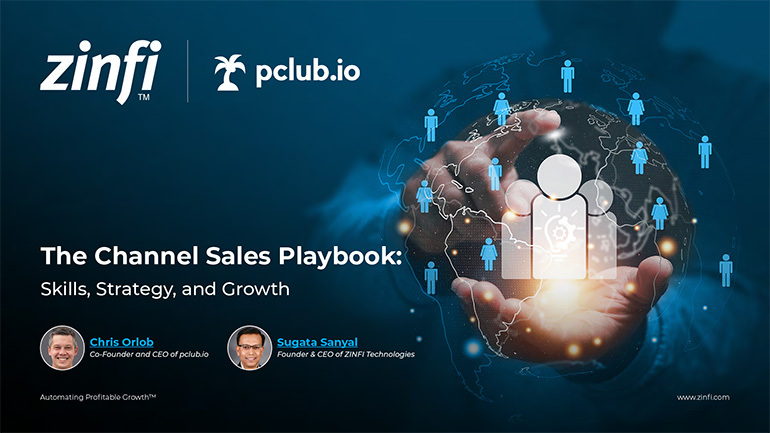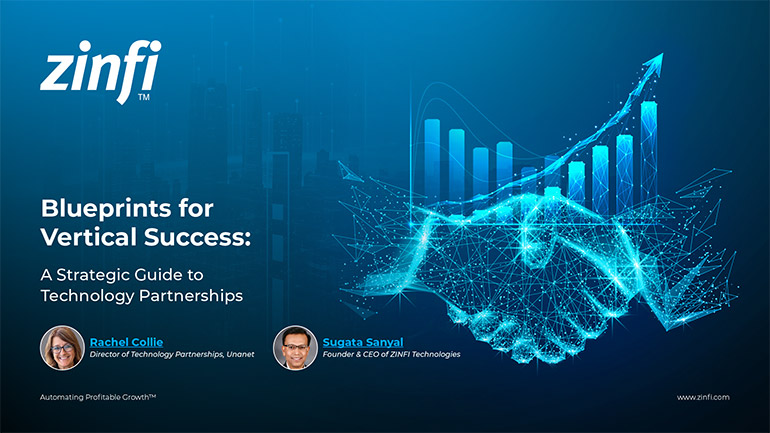Glossary - What is - Partner Engagement Techniques
What are Partner Engagement Techniques?
Partner engagement techniques refer to organizations’ strategies and methods for maintaining and enhancing their relationships with business partners, such as distributors, resellers, and affiliates. These techniques are crucial for creating a collaborative environment that drives mutual growth and success. They include communication strategies, incentive programs, joint marketing efforts, training and support, and performance tracking. Effective partner engagement techniques ensure partners are motivated, informed, and aligned with the organization’s goals.
Partner engagement techniques play a pivotal role in partner ecosystem management and partner management automation. They help streamline interactions and ensure consistency in communication, which is vital for maintaining strong relationships. Automated systems can track partner activities, provide timely support, and manage incentives, making it easier to implement engagement techniques efficiently. This automation enables organizations to scale their partner programs and achieve better results without significantly increasing the administrative burden.
Key Takeaways:
- Enhanced Communication: Effective partner engagement techniques start with robust communication channels. Tools like partner portals and automated email systems ensure partners receive timely updates and important information. ZINFI’s Partner Portal module provides a centralized platform where partners can access resources, track their performance, and communicate with the vendor seamlessly. By maintaining open lines of communication, organizations can ensure that partners are well-informed and can provide feedback, fostering a collaborative environment. Learn more about ZINFI’s Partner Communication tools.
- Incentive Programs: Incentives are critical to partner engagement techniques. They motivate partners to achieve targets and align their efforts with the organization’s goals. ZINFI’s Partner Incentive Management module allows organizations to efficiently design and manage incentive programs. These programs can include financial rewards, recognition, and exclusive resource access. Organizations can automate the incentive process to ensure that rewards are distributed fairly and on time, boosting partner motivation and loyalty. Discover ZINFI’s Partner Incentive Management.
- Joint Marketing Efforts: Co-marketing activities are essential for engaging partners and driving mutual success. Joint marketing efforts, such as co-branded campaigns and shared marketing materials, help partners promote products and services more effectively. ZINFI’s Partner Marketing Management solutions enable seamless collaboration on marketing activities, providing partners with the tools and resources they need to execute campaigns successfully. This collaborative approach ensures that marketing efforts are consistent and impactful.
- Training and Support: Providing ongoing training and support is crucial for keeping partners engaged and effective. ZINFI’s Learning Management System (LMS) offers comprehensive training programs that help partners stay updated on products, services, and best practices. This continuous education ensures partners have the knowledge and skills to succeed. Additionally, support systems like help desks and dedicated account managers provide partners with the assistance they need to overcome challenges and capitalize on opportunities. Find out more about ZINFI’s Learning Management System.
- Performance Tracking: Monitoring and analyzing partner performance is critical to engagement techniques. ZINFI’s Partner Performance Management solutions provide detailed insights into partner activities and outcomes. Organizations can identify high-performing partners and areas needing improvement by tracking performance metrics. This data-driven approach allows for targeted support and rewards, ensuring that partners are recognized for their efforts and encouraged to achieve even better results.
Summary of Key Takeaways:
Effective partner engagement techniques are essential for maintaining strong, productive relationships with business partners. These techniques include enhanced communication, incentive programs, joint marketing efforts, training and support, and performance tracking. Utilizing tools and solutions like those offered by ZINFI can automate and streamline these processes, making it easier for organizations to implement and manage their partner engagement strategies. By doing so, companies can ensure that their partners are motivated, informed, and aligned with their goals, ultimately driving mutual success.
Key Examples:
- Automotive Manufacturing: Manufacturers use partner engagement techniques to collaborate with dealerships and parts suppliers in the automotive industry. Techniques like joint marketing campaigns and performance-based incentives help align the goals of all parties, leading to increased sales and customer satisfaction. Training programs ensure that dealerships are knowledgeable about new models and features, while performance tracking helps identify top-performing partners who can be rewarded for their contributions.
- Consumer Electronics: Consumer electronics companies engage with retailers and service providers through co-branded marketing efforts and incentive programs. These techniques help promote new products and increase market penetration. Training sessions on product features and troubleshooting are essential to ensure that partners can provide excellent customer support. Performance tracking systems help monitor sales trends and partner effectiveness, allowing for timely interventions and support.
- Energy Production: Companies engage with distributors and installation partners in the energy sector through comprehensive training programs and joint marketing initiatives. These techniques help ensure partners are well-equipped to sell and install energy solutions, such as solar panels or energy storage systems. Incentive programs reward partners for achieving installation targets, while performance tracking helps identify areas where additional support or training might be needed.
- Financial Services: Financial institutions engage with brokers and independent financial advisors using robust communication channels and tailored incentive programs. Training and certification programs ensure that partners know financial products and compliance requirements. Joint marketing efforts help promote financial products and services, while performance tracking provides insights into sales activities and partner effectiveness.
- Food and Beverage: Manufacturers engage with distributors and retailers through joint marketing campaigns and performance-based incentives in the food and beverage industry. Training programs on product handling and safety standards ensure that partners can effectively manage and promote products. Communication tools and performance tracking systems help monitor sales performance and identify high-performing partners contributing significantly to market growth.
- Healthcare Services: Healthcare companies engage with medical professionals and distributors through comprehensive training programs and joint marketing initiatives. These techniques help ensure that partners are knowledgeable about medical products and services. Incentive programs reward partners for achieving sales targets, while performance tracking helps monitor engagement strategies’ effectiveness and identify improvement areas.
- Information Technology: IT companies engage with resellers and service providers through co-branded marketing efforts and performance-based incentives. Training programs on new technologies and solutions ensure partners are well-prepared to meet customer needs. Communication tools and performance tracking systems help monitor sales activities and partner effectiveness, allowing for timely support and intervention.
- Pharmaceutical Development: Pharmaceutical companies engage with healthcare professionals and distributors through detailed training programs and joint marketing efforts. These techniques ensure that partners are well-informed about new drugs and therapies. Incentive programs reward partners for achieving sales and distribution targets, while performance tracking provides insights into market trends and partner performance.
- Retail Industry: Retail companies engage with suppliers and franchisees through joint marketing campaigns and performance-based incentives. Training programs on merchandising and sales techniques help partners maximize their sales potential. Communication tools and performance tracking systems provide real-time insights into sales performance and partner effectiveness, enabling targeted support and rewards.
- Telecommunications: Telecom companies engage with resellers and service providers through co-branded marketing efforts and incentive programs. Training sessions on new products and services ensure that partners can provide excellent customer support. Performance tracking systems help monitor sales trends and partner effectiveness, allowing for timely interventions and support.
Conclusion:
Partner engagement techniques are essential for fostering strong, collaborative relationships with business partners across various industries. These techniques, including enhanced communication, incentive programs, joint marketing efforts, training and support, and performance tracking, ensure that partners are motivated, informed, and aligned with the organization’s goals. In the automotive manufacturing, consumer electronics, energy production, financial services, food and beverage, healthcare services, information technology, pharmaceutical development, retail industry, and telecommunications sectors, these engagement techniques help drive mutual success and growth.
Organizations can automate and streamline partner engagement processes by utilizing tools and solutions like those offered by ZINFI, making it easier to manage and scale their partner programs. Enhanced communication through partner portals and automated systems ensures that partners receive timely updates and important information. Incentive programs motivate partners to achieve targets and align their efforts with organizational goals. Joint marketing efforts enable seamless collaboration on promotional activities, while training and support ensure that partners have the knowledge and skills they need to succeed. Performance tracking provides valuable insights into partner activities and outcomes, allowing for targeted support and rewards.
In summary, effective partner engagement techniques are crucial for maintaining strong relationships with business partners and driving mutual growth. By leveraging automated solutions and best practices, organizations can ensure that their partners are engaged, motivated, and aligned with their goals, leading to better results and long-term success.
Associated Keywords:
- Partner Relationship Management
- Partner Incentive Programs
- Partner Marketing Strategies















